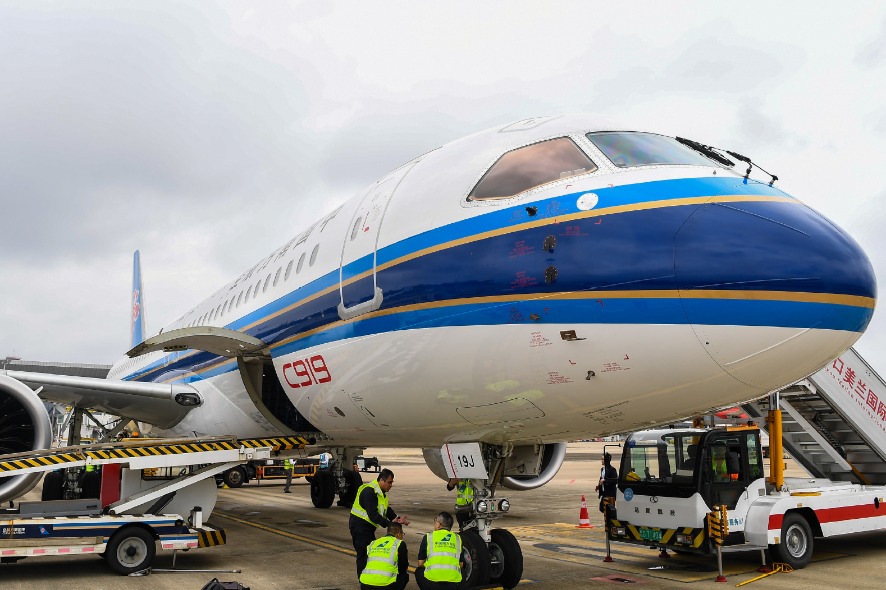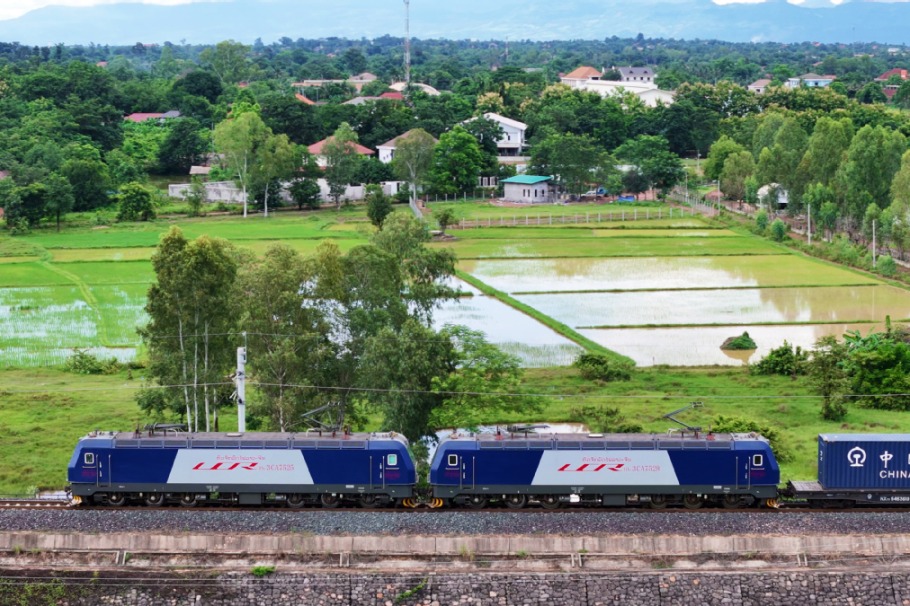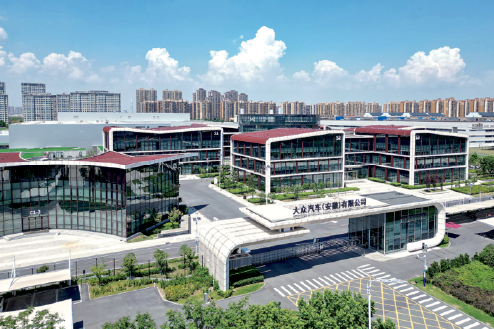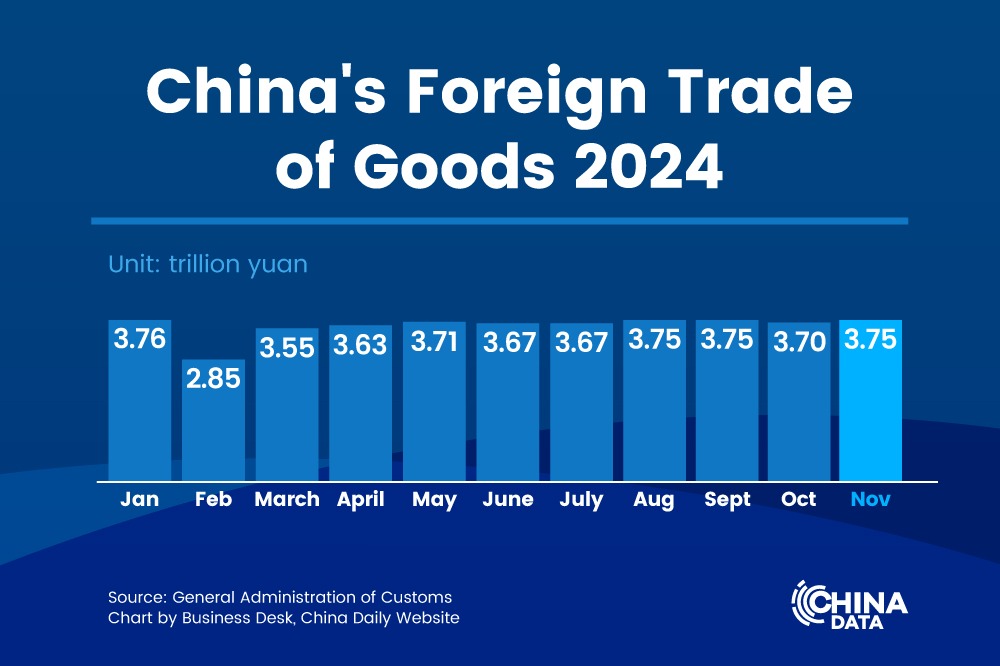SAIC Volkswagen plots course for next decade


Forty years ago, when China's automotive industry was in its infancy, Germany's Volkswagen and Shanghai-based SAIC Motor established a joint venture without an inkling that it would go on to sell more than 28 million vehicles in the market.
The iconic Santana sedan introduced in 1984 marked the beginning of SAIC Volkswagen's success in China, followed by the popularity of models like the Passat and the Polo, establishing it as a leading international brand in the country.
SAIC Volkswagen hosted its 40th anniversary event on Tuesday at its Anting plant in Shanghai, saying it is embarking on its "second entrepreneurship" in the electric and intelligent era.
Wang Xiaoqiu, chairman of SAIC, said that in the past 40 years, with the support of leaders from China and Germany, SAIC and Volkswagen have cooperated sincerely, achieving fruitful results. This partnership has boosted SAIC Volkswagen's growth, advanced China's auto components industry and set a benchmark for joint ventures in the Chinese auto industry.
The two sides have recently extended the partnership by 10 years to 2040, supporting SAIC Volkswagen's growth and driving a "second entrepreneurship" in electrification and intelligence, Wang said.
China has not only become the second home market, it is of the highest importance for Volkswagen Group's strategy, CEO Oliver Blume said at the event.
"In line with our consistent 'in China, for China' approach, we are accelerating the transformation of SAIC Volkswagen at full speed, at all levels," he said.
By 2030, SAIC Volkswagen will launch 18 new models, 15 of which will be developed exclusively for the Chinese market.
"With this powerful model campaign and the most advanced intelligent technology and unwavering focus on the needs of our Chinese customers, we will secure SAIC Volkswagen a leading market position in the intelligent connected vehicle as well," Blume said.
SAIC Volkswagen combines Chinese and German resources for top-quality products with a focus on German excellence in safety, durability and performance, said Tao Hailong, general manager of SAIC Volkswagen.
"We have built a 360-degree quality management system across the supply chain, production, marketing and customer service, which enables SAIC Volkswagen to stand out in the fierce market competition," Tao said.
Focusing on localized development, SAIC Volkswagen has transformed technology into product excellence, creating a diverse lineup for various market segments based on Chinese customer preferences.
This year, SAIC Volkswagen has partnered with Audi and Volkswagen to codevelop new plug-in hybrids and fully-electric vehicles. In 2025, the Car Plant Two in Anting will become the exclusive production base for Audi's new electric brand AUDI, said Holger Santel, first deputy general manager of SAIC Volkswagen, at the event.
Starting in 2026, it will launch two electric vehicles based on the Compact Main Platform, three plug-in hybrid models and two range-extended variants.
The upcoming models will feature an efficient and safe battery, motor and electronic control systems, together with urban Navigate On Autopilot functions and a redesigned interactive interface for a fresh user experience. AI language models will enhance intelligent cabins, offering users a more natural, intuitive and personalized experience, said Tao.




































